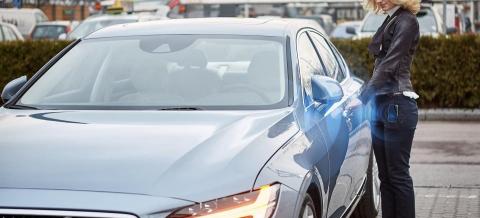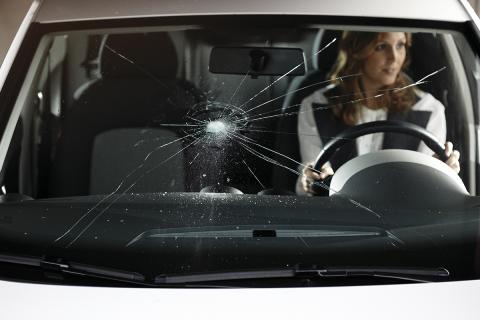AECA-ITV
The driving license, the circulation permit and the ITV card are the three documents that the DGT requires you to carry with you to avoid a fine.
Nothing causes a driver more panic than receiving a traffic ticket, be it for speeding or for having broken any other law. So, be very careful, because the DGT forces you to carry these three documents since March to avoid a fine.
The DGT has been especially involved for years in reducing the accident rate on Spanish roads. According to the body dependent on the Ministry of the Interior, the best way to achieve this is by imposing economic sanctions and loss of card points.
For this reason, the last reform of the Traffic Law introduced an increase in sanctions, not so much in the economic aspect as in the one referred to the withdrawal of points.
The fines for exceeding the speed limits or the alcohol level are the most frequent and also the most substantial, but most drivers are unaware that there are other punishments for not taking into account other aspects, such as not carrying these three documents that , since March, requires the General Directorate of Traffic.
The three documents that the DGT requires to carry since March to avoid a fine
These three documents are the driver’s license and the ITV card. Of these three documents, only one, the driver’s license, is not required to be physically carried, as you can upload it to the MiDGT app. Nor is it necessary to carry the insurance or the payment policy, something that has happened since 2008.
On the other hand, remember that the new Traffic Law introduces new fines and toughens other sanctions that already existed before, although they affect the loss of points and not the economic amount.
In such a way that light fines (100 euros), serious (200 euros) and very serious (500 euros) are maintained.
If you appeal a fine and the Treasury agrees with you, the DGT has to return the points
Minor fines are considered for failure to comply with the obligation to be in a position to control the vehicle at all times and for cyclists failing to comply with road safety regulations that are not serious or very serious.
Serious fines are understood to mean stopping or parking in cycle lanes or lanes, carrying radar detection mechanisms or cinemometers in the vehicle, even if they are not used, and driving with the license suspended as a precautionary measure.
Finally, using unauthorized intercommunication devices in exams to obtain or recover a driver’s license, throwing objects onto the road that could cause fires or accidents, failing to comply with the rules on assistance on public roads and on the use of breathalyzers are very serious infractions. anti-starting and that motorists or cyclists use the mobile phone holding it with one hand or adjusting it between the head and the helmet.










